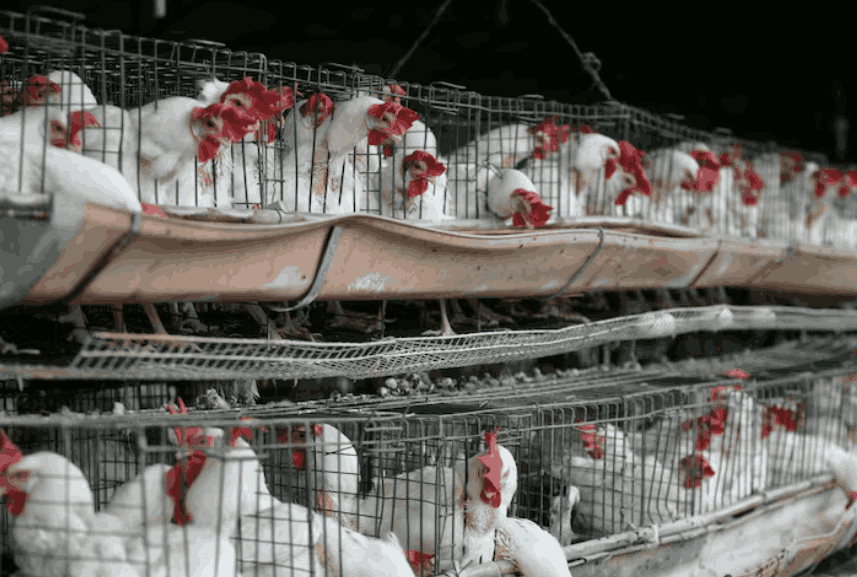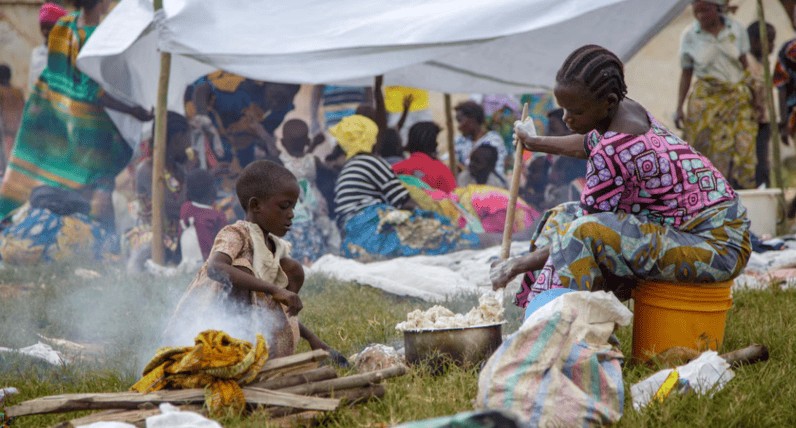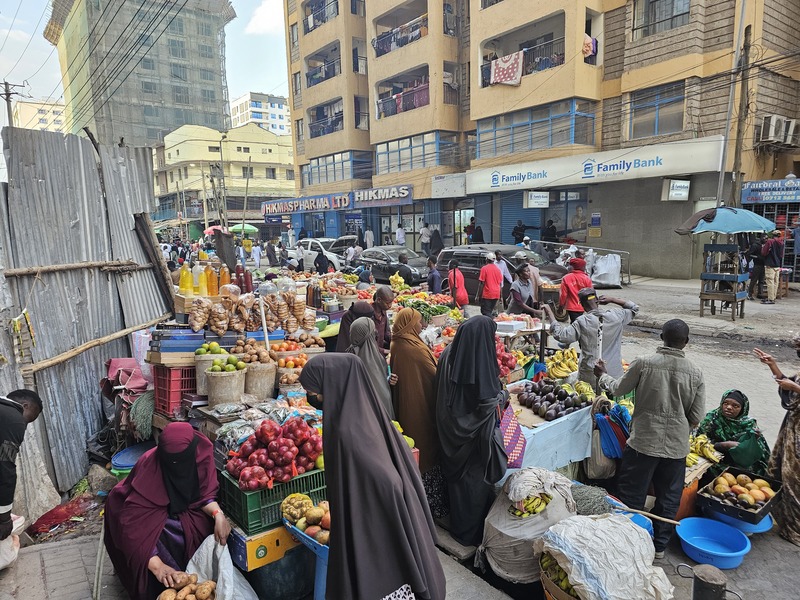Liberia reports H5N1 bird flu on poultry farm, WOAH says

The outbreak, detected in February on a farm in the Bong county, killed 18 birds out of a flock of 26,000, the Paris-based WOAH said, quoting information from Liberian authorities.
Liberia has reported an outbreak of highly pathogenic H5N1 avian influenza on a poultry farm, the World Organisation for Animal Health said on Friday.
The disease, commonly called bird flu, has spread around the globe in the past years, leading to the culling of hundreds of millions of poultry.
More To Read
- Liberian President Joseph Boakai suspends over 450 officials over failure to declare assets
- Former Liberia warlord Prince Johnson dies at 72
- Forty-seven inmates escape from Liberian prison
- Djibouti crash out of AFCON 2025 Qualifiers after loss to Liberia
- Over 40 feared dead after Liberia tanker crash
- Two killed, 20 injured as car rams into supporters of Liberian President-elect Boakai
The outbreak, detected in February on a farm in the Bong county, killed 18 birds out of a flock of 26,000, the Paris-based WOAH said, quoting information from Liberian authorities.
Some 25,800 poultry in the Western African flock were vaccinated, the report also said, without specifying when vaccination occurred.
Bird flu, also known as avian influenza, is caused by viruses that primarily infect birds. However, certain strains—like H5N1, H7N9, and H5N6—have occasionally infected humans.
How do humans get bird flu?
Direct contact with infected birds (alive or dead)
Touching surfaces contaminated with the virus (like bird droppings or cages)
Inhaling droplets from infected birds
Handling or eating undercooked poultry or eggs (rare, but a potential risk)
Can it spread from human to human?
It rarely spreads between humans. When it does, the spread is usually limited and not sustained.
Symptoms in humans:
Fever, cough, sore throat
Muscle aches
Breathing difficulties
In severe cases: pneumonia, organ failure, and even death
How to stay safe:
Avoid contact with wild or sick poultry.
Cook poultry and eggs thoroughly.
Wash hands often, especially after handling birds or visiting live animal markets.
Follow public health advisories, especially during outbreaks.
Top Stories Today
- How climate change fuels rise in gender-based violence in Garissa
- Afreximbank launches Sh129bn funding kitty to empower African creatives
- Nearly half of women-led aid groups at risk of closure amid global funding cuts — UN
- Linturi quits UDA, says he won’t be part of a party that embraces murder
- State urges universities to embed AI in all training programmes
- Murkomen: Why police are solving MP Were’s murder faster, unlike other cases
- No country is being targeted, UK says, as visa rules tighten
- New AUC Chair faces old challenges as he seeks to rebuild trust with regional blocs
- Mombasa school empowers mums with financial skills on Mother's Day
- Nairobi's Freemasons' Hall clamped over Sh19 million land rate debt
- Engineers raise alarm over graft in Nairobi structural plan approvals
- Translate Hansard into local languages, forum tells Parliament, assemblies
- Ethiopia's electoral board deregisters Tigray People's Liberation Front
- Court hears wife of late marathoner Samson Kandie paid goons to assault him
- Kenya needs special courts to handle police rights abuse cases - IPOA
- Majority of JSS teachers come from four ethnic groups, report shows
- Kenya tops East Africa in investment appeal on low risk profile
- Legal gap leaves NLC powerless to recover grabbed public land
- Deputy governors demand Sh600bn for counties to boost devolution
- Business operators protest excessive permits and taxes















































